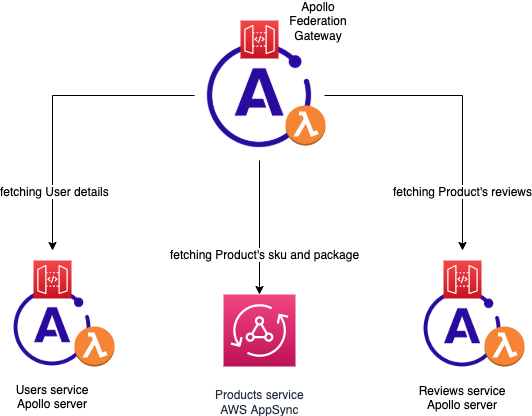Front-End Web & Mobile
Category: Best Practices
Build a Scalable Search Solution with AWS Amplify and OpenSearch Serverless
Introduction In today’s data-driven digital ecosystem, building scalable search solutions has become essential for organizations managing large, complex datasets across industries. Whether it’s a streaming platform, an e-commerce marketplace, or a research database, the ability to efficiently search through structured and unstructured data is key to delivering a seamless user experience. Traditional search solutions often […]
Deploying a web application using AWS Amplify Gen 2 with GitLab as the Repository on AWS
In today’s fast-paced digital landscape, businesses and developers alike are constantly seeking efficient ways to deploy web applications rapidly and securely. AWS Amplify Gen 2, coupled with GitLab’s robust version control system, offers a streamlined solution to this challenge. While AWS Amplify Hosting supports various repository options, this blog will guide you through deploying an […]
Best practices for AWS AppSync GraphQL APIs
In this post, we will look at strategies to consider when building out your GraphQL API and explore why AWS AppSync is a great choice for building and deploying this API. We will review best practices that have been devised by the AWS AppSync team and the specialists who use it regularly. Specifically, we will […]
Query Heterogeneous Data Sources through AWS AppSync GraphQL APIs
AWS AppSync and Amazon API Gateway are managed API services designed to provide a unified endpoint enabling front end clients to access resources stored in various data sources. This article underscores the advantages of employing AppSync as the API solution for external clients to access your data sources via GraphQL. Introduction GraphQL, an API protocol, […]
AWS AppSync Merged APIs Best Practices: Part 3 – Security
In this AWS AppSync Merged API – Best practices series, we cover important topics for developers, architects, and security engineers who are creating and managing AWS AppSync Merged and Source APIs. This multi-part series discusses best practices on schema composition, security, deployment and testing and subscriptions for Merged APIs. AWS AppSync offers Merged APIs, which […]
SSG vs SSR in Next.js Web Applications: Choosing the Right Rendering Approach
Next.js, a popular React framework, has changed the way developers build modern web applications. It offers powerful features, such as Server-Side Rendering (SSR) and Static Site Generation (SSG), which optimize your application’s performance and user experience. In this blog post, we’ll explore the key differences between SSG and SSR, their advantages, when to choose one […]
AWS AppSync Merged APIs Best Practices: Part 2 – Schema Composition
In the AWS AppSync Merged API – Best practices series, we cover important topics for developers, architects, and security engineers who are creating and managing AWS AppSync Merged and Source APIs. This multi-part series discusses best practices on schema composition, deployment and testing, security and subscriptions for Merged APIs. AWS AppSync offers Merged APIs, which […]
Apollo GraphQL Federation with AWS AppSync
This article was written by Florian Chazal, Senior Specialist Solutions Architect, AWS Update (August 2022): This blog post has been updated to comply with the new Apollo Federation spec v2.0. If you are migrating from v1 check the official documentation. Apollo Federation is an architecture and specification used to build and connect multiple distributed backend […]
Client-side Caching Strategies for a Next.js app with AWS Amplify
This post builds on the initial posts in this series, Build a Product Roadmap with Next.js and Amplify, where we built an admin page for product managers to login and update the roadmap and then updated the app to add storage of documents. In this post, we’ll adapt the product management application to include a caching layer […]
Share code between Next.js apps with Nx on AWS Amplify Hosting
In this post, we will explore the capabilities of AWS Amplify Hosting to interface with monorepos, specifically Nx, and deploy the frontend applications that reside in them. We’ll learn the benefits of using a monorepo through an example of multiple banking websites that use the same mortgage calculator made up of libraries and components that […]









